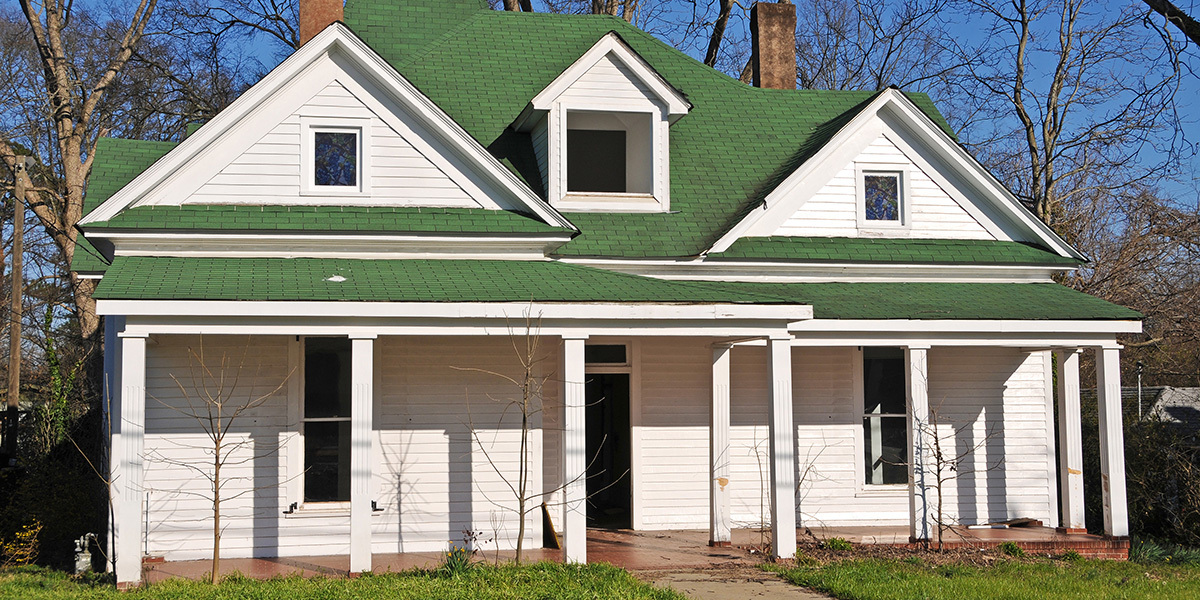
I am Interested in Flipping Houses, Where Should I Start?
The myriad shows on HGTV and other networks showing seemingly everyday individuals and couples flipping houses and making tons of money make it look pretty simple, even with the drama injected into each episode. The truth of the matter is that while house flipping can be a very lucrative investment, there is a steep learning curve and high risk involved for beginning investors who don’t have a lot of experience.
But for those who are prepared both mentally and financially to take on the risk and the work, flipping houses can be a great source of income. So how does one get started flipping houses? How does one get loans for flipping houses? Is it important to be a real estate agent?
Interested investors should read the following short guide to minimize the risk and gain a better understanding of what flipping houses truly entails.
Know the market
The first and most important step is to know the marketplace. Is it a seller’s market or a buyer’s market? What are mortgage rates like right now? What are the more popular housing trends? How strong is your understanding of real estate?
The last question is very important because a strong knowledge of real estate will definitely help with flipping houses. It might be worthwhile for someone interested in flipping houses to first become a licensed real estate agent. Doing so not only aids in facilitating the entire process but also saves an investor money when selling a flipped home as well.
Getting financing
There are many types of loans for flipping houses that an investor can apply for. From conventional mortgages to hard money loans to bridge loans and more, knowing what types of loans are available, as well as the corresponding mortgage rates, interest rates, and down payments required for each loan, will enable an investor to make an informed decision.
Choosing a neighborhood
Real estate investors typically use a grading system to rank neighborhoods, ranging from Class A to Class D. Class A neighborhoods contain the most expensive homes, while Class D neighborhoods contain the least expensive. It is recommended that beginning investors start with a home in a Class B or C neighborhood, as the homes are more affordable and the neighborhoods could be more attractive to a larger market of potential home buyers.
Choosing a home
A background in home repair and renovation can also be very useful. A home inspection will only reveal so much. Home renovation costs can often spiral out of control as hidden and unexpected problems with a home are revealed during the course of a renovation project. Having a good idea of what to expect to repair in a home and the associated costs can set the groundwork for a good estimate, but it is always wise to expect to spend more and be prepared for doing so.
Investors who are skilled in many areas of home renovation can complete some of the renovations themselves, saving more money and increasing their ROI.
Be ready to work on the first day of ownership
It’s a good move for investors to have their contractors lined up and ready to work as soon as the home is in their possession. Every day that goes by is a day that the profit margin is decreasing.
The sooner the renovation work is completed, the quicker the home can be put up for sale, subsequently ensuring a stronger ROI.
Be prepared for the unexpected
During the course of the renovations, it is not uncommon to discover the need for additional repairs. Even very experienced home flippers face unexpected setbacks during a project. This is why it is often prudent to secure additional financing to cover the costs of extra materials or services that may be needed.
Selling the home
Investors who aren’t also real estate agents should hire a professional, experienced agent with a strong knowledge of the marketplace. The agent should be able to attract prospective buyers and explain to them why this house is ideally suited for their needs. Working with an agent regularly can also be beneficial, since the agent can provide a realistic assessment of what a home can sell for, enabling investors to price a home properly and more accurately determine their profits.
In conclusion
First-time investors may find themselves caught up in a project that they weren’t completely ready for. There are a lot of factors to consider at every step along the way of a house flipping project, and only experience can prepare an investor for them all. But as the investor continues to learn more about the various costs involved in a house flip, the different loans for flipping houses, how to take advantage of low mortgage rates, and other aspects critical to house flipping success, they will also increase their chances of making a strong profit on each home sale.